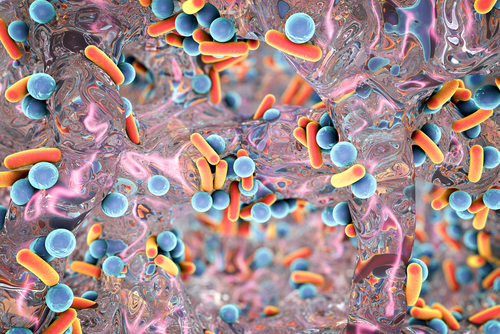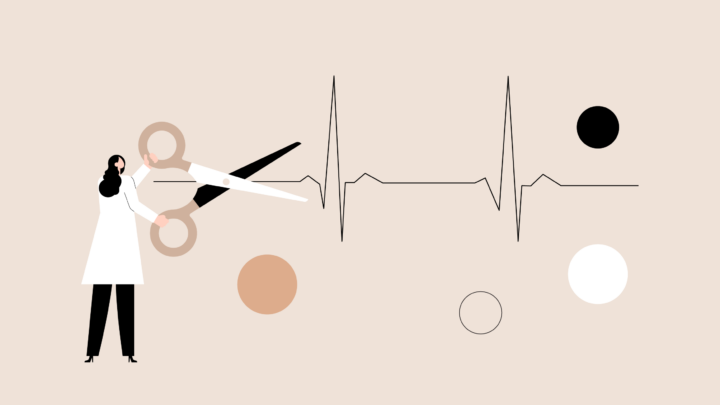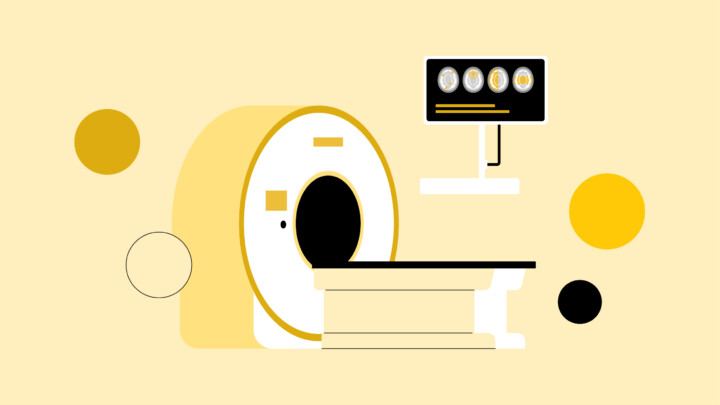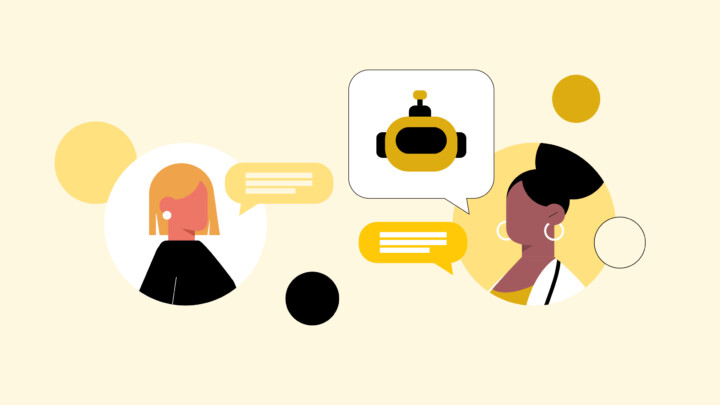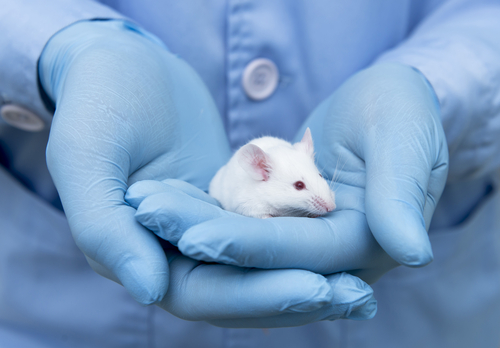
Animal experiments are widely used to develop new medicines and test the safety of medical products. Many of these experiments cause pain, a decreased quality of life, and often death in the animal subjects. While experimenters acknowledge the ethical problems of these experiments and aim to make the animals as comfortable as possible, many view animal testing as the most effective way to test medicines with no equal alternative. Labs using animals argue that the animals lead to medical breakthroughs that improve human lives and can drive improvements in diagnosis, treatments and cures.
Despite the obvious benefit to medicine, many contend that the benefit to humans does not justify this treatment of animals.
We decided to ask doctors on Sermo, “Do you think animal research is ethical?”
Out of 3720 doctors who responded from 54 countries, an overwhelming 73 percent agreed that animal testing was ethical. While some felt it was unfortunate, they felt it was ultimately essential to human advancement:
“Sadly, we do need animal testing before drugs are released for use on people. Though I also understand that this may involve forms of cruelty, such as the hot plate test of rodent’s tail flicks to test analgesics, ‘learned helplessness’ drowning tests for antidepressants (treated mice swim for longer before succumbing). I just wish we didn’t use sentient animals. An organ bath experiment just tests receptors and stretch and no higher functions.” – Pediatrics, UK
“I think animals need to be used in research but there need to be ethical guidelines around it.” – Family Medicine, US
“What kind of animals? Are bacteria and yeast animals? Do we afford the same rights to mice, rats and dogs? Do we give more rights to those that are more closely related to us, such as other primates, especially apes? The alternative is jumping to human trials. I don’t know about you, but I’m not volunteering.” – Physical Medicine, US
“Ethical… yes but we should show them mercy when possible. Unnecessary pain is wrong and should be avoided if the research can avoid it. We can’t always avoid it unfortunately.” – Sleep Medicine, US
“Animals should be treated humanely, but use in medical research is essential. Not even Deep Blue can replace animals in research.” – Radiology, US
“It has an important role in advancing knowledge in general but must be performed according to strict study protocols and when really necessary with the maximum respect for the animal avoiding as much as possible or canceling states of suffering!” – Radiology, Italy
“Ethical maybe not, but currently still indispensable.” – Pediatrics, Italy
“Animal testing is unfortunately necessary so that you can later prescribe drugs to children and adults.” – General Practice, Austria
“Better to test initially on animals than directly on humans, to consider this [unethical] is absurd and hypocritical, I would like to know if anyone who does not agree to test with animals has already volunteered to be a guinea pig for drug tests, what can not cause unnecessary suffering to animals. Animal testing is a necessary evil.” – Cardiology, Brazil
However, 27 percent of doctors did responded that they did not feel animal testing was ethical. Some of those opinions included:
“It is cruel to use innocent animals for genetic engineering and drug testing. The guinea pig may suffer a malformation or side effects of the drug injected into it… or it may even die in the process. It may benefit humans but it is inhumane!” – Pulmonary/ Respiratory Medicine, India
“I don’t think animals should suffer for our benefit. Animals may be less intelligent than humans but they still have emotions such as fear and can feel pain.” – Internal Medicine, US
“I think it’s not essential, but I do not deny it was useful in the past. Surely thanks to the possibilities available by today’s science, the experiments on animals seem old-fashioned and even more cruel.” – Infectious Diseases, Italy
The poll was fielded in February of 2017. 3,720 physicians responded to the poll. The margin of error for the global poll was ±2%. More information about Sermo polling methodology can be found here.
Are you a physician? Log into Sermo to weigh-in on ethics conversations with other doctors from around the world.




